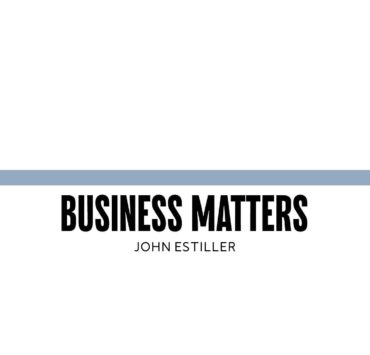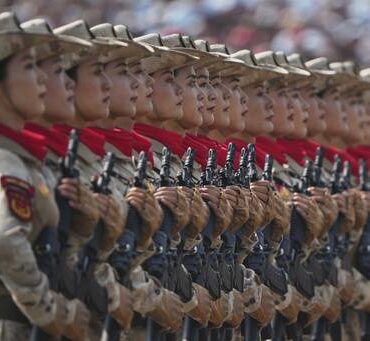A journey through anger, faith, and hope while trapped in flooded streets

On Saturday, Aug. 30, the relentless downpour transformed parts of Quezon City into a watery labyrinth. My family and I, returning home to Marikina City from an afternoon outing, found ourselves trapped in a seemingly endless traffic jam along V. Luna Road in Diliman. The road, more akin to a massive parking lot than a thoroughfare, crawled forward at a snail’s pace, a stark testament to the severity of the flooding.
The sight before me—streets submerged, vehicles inching through swirling waters—sparked a surge of frustration and anger. The immediate cause was the torrential rainfall, but beneath the surface simmered a deeper resentment, a bitter taste of injustice. My mind conjured images of failed flood control projects, projects marred by corruption, projects that prioritized personal gain over public welfare.
I pictured those responsible, comfortably ensconced in their opulent homes, sipping their coffee, oblivious to the chaos they had helped create. Their children, I imagined, were likely enjoying leisurely weekend getaways, a stark contrast to the working students who had served us lunch earlier that day, toiling tirelessly to fund their education and support their families. The disparity was a painful sting.
The stark reality of this inequality gnawed at me, fueling a sense of outrage at the blatant disregard for the well-being of ordinary citizens. The sheer incompetence and corruption that allowed such a situation to unfold felt profoundly unfair. We, the hardworking taxpayers, were left to bear the brunt of their negligence, while they remained unscathed, enjoying the fruits of their ill-gotten gains.
Yet, amid this simmering anger, a different emotion began to surface. As I observed the driver of the vehicle in front of me repeatedly touching the rosary hanging from his mirror and making the sign of the cross, a sense of calm washed over me. He was seeking solace in faith, a testament to the enduring human spirit.
Inspired by his quiet devotion, I reached for my own rosary. In the heart of that traffic-choked street, surrounded by rising waters, I offered a prayer. I prayed for the safe return of my family to our home. I prayed for the driver, for the traffic enforcers, for the barangay officials, and for everyone caught in the deluge, working tirelessly to manage the crisis.
And then, perhaps most significantly, I prayed for those responsible for the failed flood control projects. I prayed that they might experience a profound awakening, a realization of the gravity of their actions, and a commitment to responsibility, transparency, and accountability in their future endeavors.
My prayer, it seemed, was answered. With God’s grace, we eventually arrived home safely. However, the experience left an indelible mark, a stark reminder of the human cost of corruption and the urgent need for systemic reform. It highlighted the vast chasm between the privileged few and the struggling masses, a chasm that needs to be bridged through genuine commitment to good governance and social justice.
The incident of Aug. 30 serves as a potent symbol of this struggle. It underscores the need for accountability for those who abuse their power and neglect their duties, leaving ordinary citizens to suffer the consequences of their greed and incompetence.
The journey home that day was more than just a physical displacement; it was a journey through the complexities of faith, anger, and hope. It was a journey that reaffirmed my faith in the power of prayer and underscored the urgent need for a more equitable and just society.
REGINALD B. TAMAYO,
Marikina City

















Cash reversions are not revenues